Thousands in Moscow protest against Telegram application ban
Thousands have rallied in Moscow in support of internet freedom after Russian authorities tried to block access to the popular messaging app Telegram.
In an unusually strong turnout, around 10,000 people, including top opposition leader Alexei Navalny, turned up in the center of the Russian capital, many holding placards and shooting paper airplanes, the Telegram symbol.
A volunteer movement that counts attendees at opposition rallies said more than 10,000 people turned up. Police said 7,500 attended.

Protesters said they did not want the state to tell them what to read online.
"Everyone needs to have a choice," Tatyana Filatova, a retiree, told AFP.
"When we live in accordance with a strict set of rules, life becomes boring and the sky grey."
Navalny addressed the huge crowd from the stage, urging it to resist the authorities.
"I will not put up with this silently," he bellowed into the microphone.
"Will you put up with this?" he asked the demonstrators.
"No," they roared back.

Navalny has called on Russians to stage a major rally on Moscow's main avenue on Saturday, two days before President Vladimir Putin's swearing-in ceremony.
The authorities warned Navalny against staging the unpermitted rally in the heart of Moscow.

Earlier this month, a court ruled to block Telegram in Russia after it refused to give state security services access to private conversations that are normally encrypted.
But in seeking to deny access to Telegram, the state telecoms regulator Roskomnadzor blocked millions of IP addresses, disrupting the work of many businesses, including car manufacturer Volvo.
Roskomnadzor has failed to fully block Telegram, with Russians turning to VPNs and proxies to bypass the ban.
'Historic chance'
"Your energy is changing the world," Telegram's maverick founder Pavel Durov wrote on VKontakte, the Russian version of Facebook which he founded, addressing the protesters.
Ahead of the rally, he said Russians had a "historic chance" to prevent the onset of full-blown internet censorship in Russia.
"Russia is at a crossroads -- full-scale censorship has not been introduced yet," the 33-year-old said. "Without action Russia will lose Telegram and other popular services."

Facebook and Telegram are widely used by the opposition to coordinate protests and make political statements.
A 2014 law requiring foreign messaging services, search engines and social networking sites to store the personal data of Russian users inside the country has caused widespread concern.
It is seen as putting the information at risk of being accessed by Russian intelligence services.
Telegram, a free application that lets people exchange messages, stickers, photos and videos, has attracted more than 200 million users since its launch by Russia's Durov and his brother Nikolai in 2013.
(Source: AFP)
3rd round of nuclear talks opens in Geneva; Iran’s proposal seen as ‘test’ of US sincerity
Trump calls for deportation of Muslim lawmakers after State of Union clash
VIDEO | Tehran hosts 33rd International Holy Qur'an exhibition
Iraqi Resistance threatens action if US continues occupation
VIDEO | Rising from the Rubble: Worshippers return to Gaza’s Great Omari Mosque
VIDEO | New database documents systematic repression of Palestine solidarity in UK
VIDEO | Press TV's news headlines
Palestinian factions denounce US for offering ‘consular services’ inside West Bank settlement


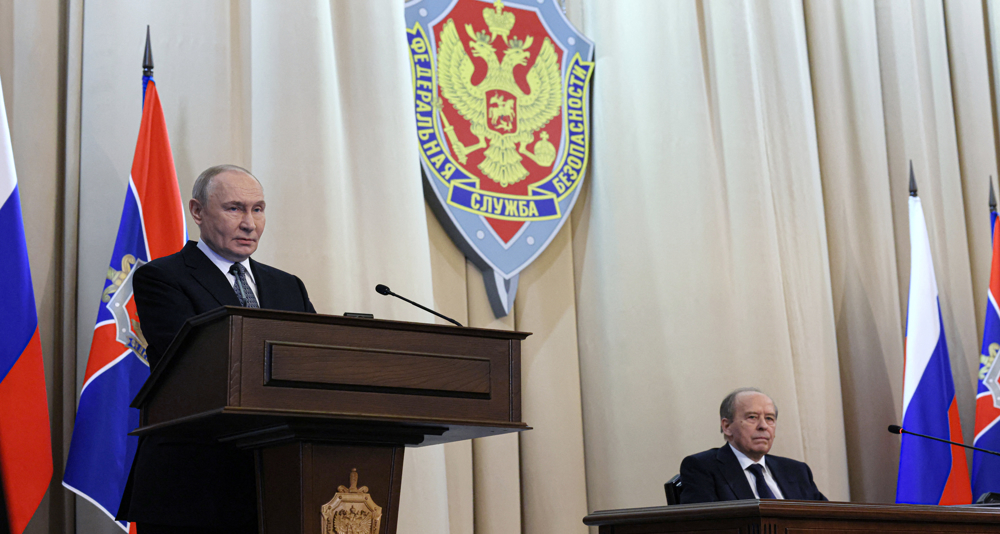
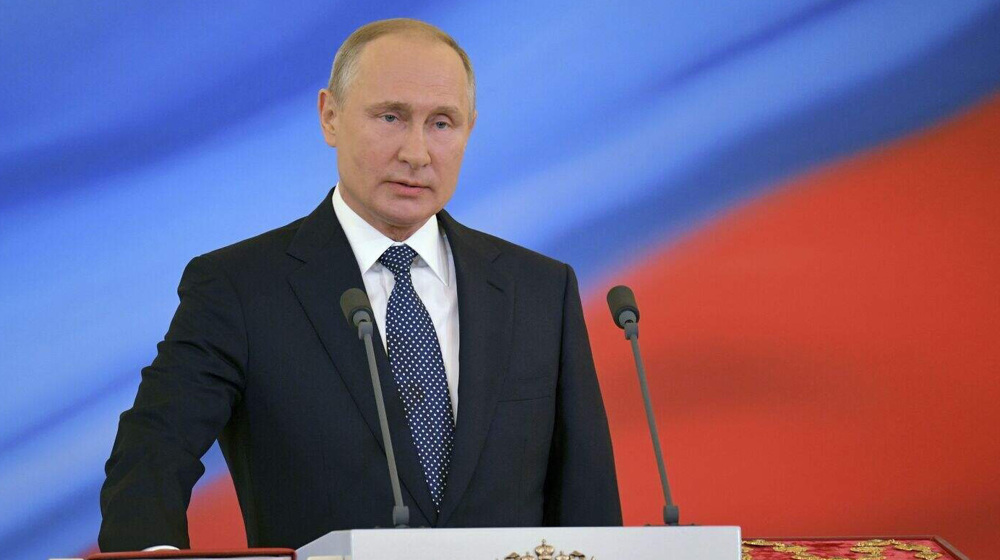
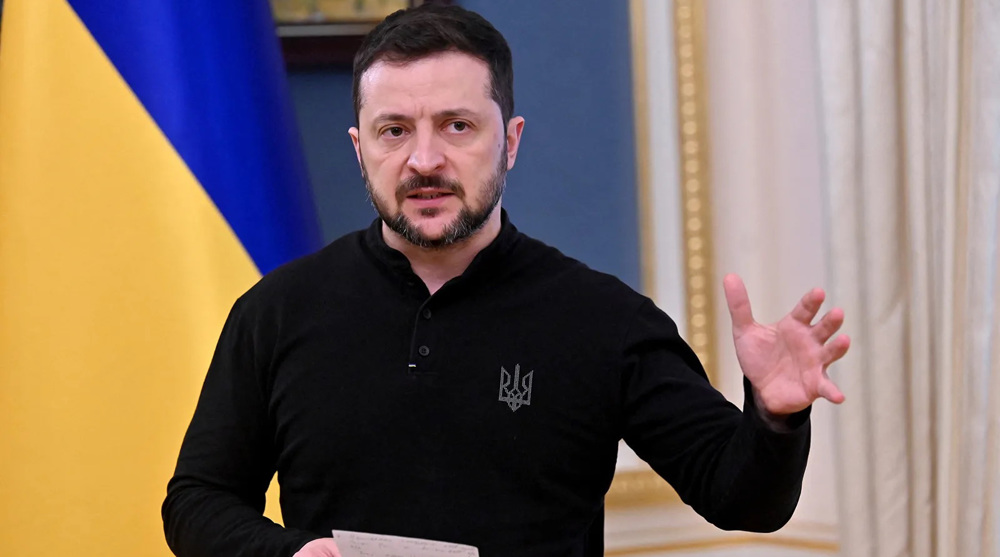



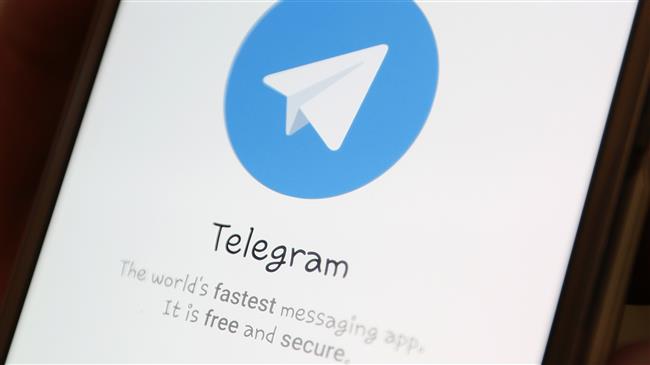
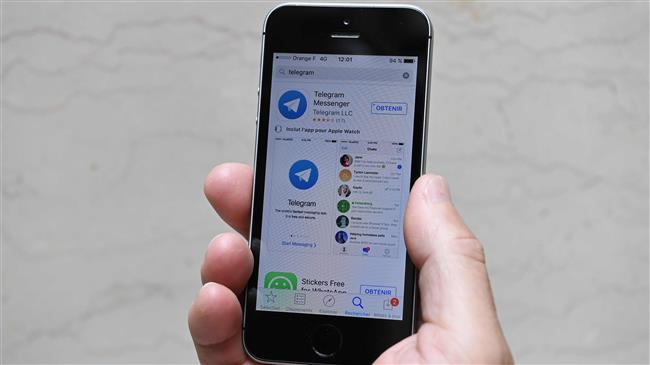


 This makes it easy to access the Press TV website
This makes it easy to access the Press TV website